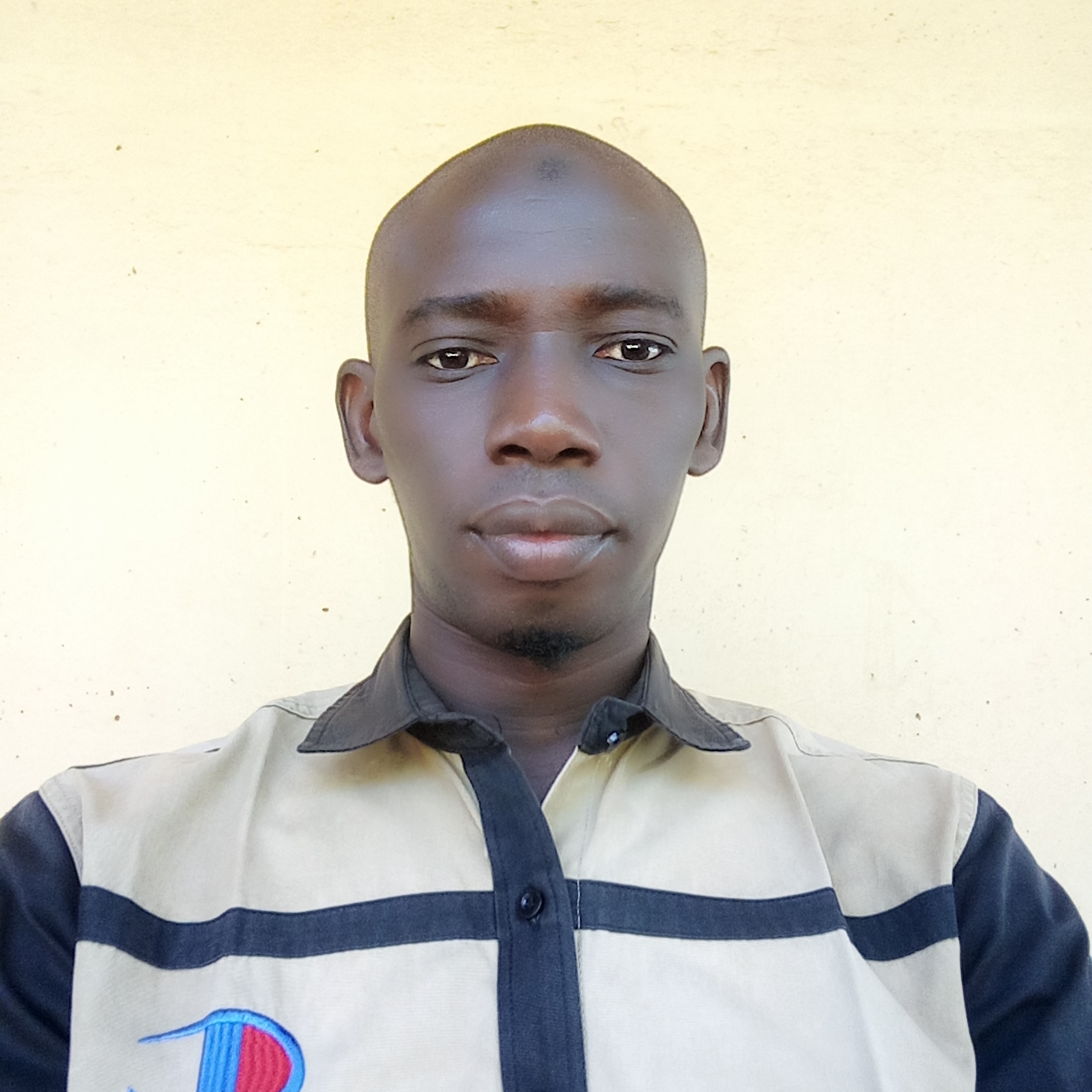Abdoul Kader Traoré: The Benefits of my Internship in the Cowpea Project
Abdoul Kader
Abdoul Kader Traoré: The Benefits of my Internship in the Cowpea Project
Abdoul Kader Traoré
January 27, 2021

I am a master's student in Geomatics, Management and Land Development (Géo_GATE) in the Faculty of History and Geography (FHG) at the University of Social Sciences and Management of Bamako, Mali. My internship was part of the project " Quantifier l'échelle et la gamme des produits nutritifs à base de niébé sur les marchés locaux en Afrique de l'Ouest" (Quantifying the scale and range of nutritious cowpea-based products on local markets in West Africa) funded by the Feed the Future Innovation Lab for Legume System Research. Dr. Mamadou Sissoko is the lead PI on this project in Mali in partnership with Dr. Véronique Thériault and Dr. Melinda Smale of Michigan State University.
This internship has been very beneficial to me in several ways. Financially, it allowed me to cover the costs of my schooling, meet the internet connection fees needed for my documentary research, and pay the printing costs of the dissertation.
Academically, it allowed me to write a good dissertation. The data, which I needed for analysis, was almost all made available to me. This saved me time, allowing me to avoid the hassle of searching for secondary data within national structures and thus minimizing the risk of contamination during in this period of COVID-19. I was able to concentrate on reviewing the literature and conducting the analysis. Before this internship, my knowledge of cowpea was limited simply to consumption of the product by people and livestock. Thanks to the internship I was able to understand that cowpea is a very important crop that deserves the attention of policymakers in agricultural development.
In terms of training, I took two courses during the internship. The first was on scientific writing. It has been beneficial in that I have learned how to do research, write a scientific paper and develop a plan for my dissertation. The second training was based on Excel software. During this training, I learned how to make cross-tabulations, graphs and various statistical tests. This served me a lot in the processing of the data for my dissertation. In addition to this, I discovered some software that I did not know about including One Note and Zotero, which are software references, and Stata, which is an econometric software.
In terms of field experience, the internship allowed me to conduct surveys with cowpea players (wholesalers, retailers and processors) in fourteen markets of Bamako. The surveys gave me a better understanding of the different supply channels for cowpea in Mali’s capital city. The processing survey was conducted through telephone calls. I learned about the different cowpea products found in different regions.
At the coaching level, the capacity to listen, the openness and availability of the research team in MSU’s Bamako office and Dr. Sissoko, in particular, facilitated the realization of my dissertation. Coaching prompted me to add rigor to my work. This internship allowed me to expand my professional network, notably by getting in touch with the people of the l’Observatoire du Marché Agricole and of the Projet de recherche sur les politiques de sécurité alimentaire au Mali (PREPOSAM) as well as other students of the faculty.
In the end I thank all those who from afar or close who contributed or participated in the implementation of the project. I hope that this collaboration between the faculty and the project will continue. Thank you.



 Print
Print Email
Email

